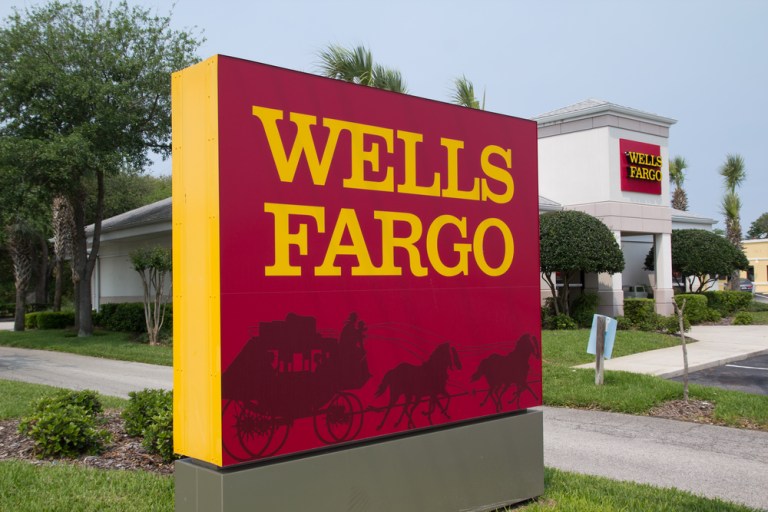Wells’ ‘Cross-Selling’ Biz Draws $65M Fine

The New York Attorney General announced that Wells Fargo & Company has agreed to pay a $65 million fine in connection with its “cross-sell” business model, related sales practices, and publicly reported cross-sell metrics.
“The misconduct at Wells Fargo was widespread across the bank and at every level of management – impacting both customers and investors who were misled,” Attorney General Barbara D. Underwood said in a press release. “State securities laws are vital to protecting the hard-earned savings of working families and Main Street investors from financial fraud, and my office will continue to do what’s necessary to protect the public and the integrity of our markets.”
The AG’s office went on to explain that Wells Fargo told investors that it could increase revenues and better serve customers through its cross-sell strategy. In addition, the company reported cross-sell metrics that falsely showed the success of that strategy.
However, the success of these efforts was actually centered on sales practice misconduct at the bank. “Driven by strict and unrealistic sales goals, employees in Wells Fargo’s Community Bank division engaged in fraudulent sales practices, including the opening of millions of fake deposit and credit card accounts without customers’ knowledge. Through a significant incentive compensation program, employees who met these targets were eligible for promotions and bonuses, while employees who did not meet the sales targets faced relentless pressure and even termination,” according to the release.
Furthermore, Wells Fargo’s Board of Directors received reports detailing the misconduct as early as 2011, but failed to report it to investors. In fact, during Congressional testimony, Wells Fargo’s former CEO admitted that he became aware of widespread fraud by the company’s employees in 2013. When the truth was finally made public, New York investors lost millions of dollars.
The NY Attorney General’s office added that today’s settlement has no impact on it’s other investigation into Wells Fargo’s illegal practices of opening millions of unauthorized accounts and enrolling consumers in services without their knowledge or consent.